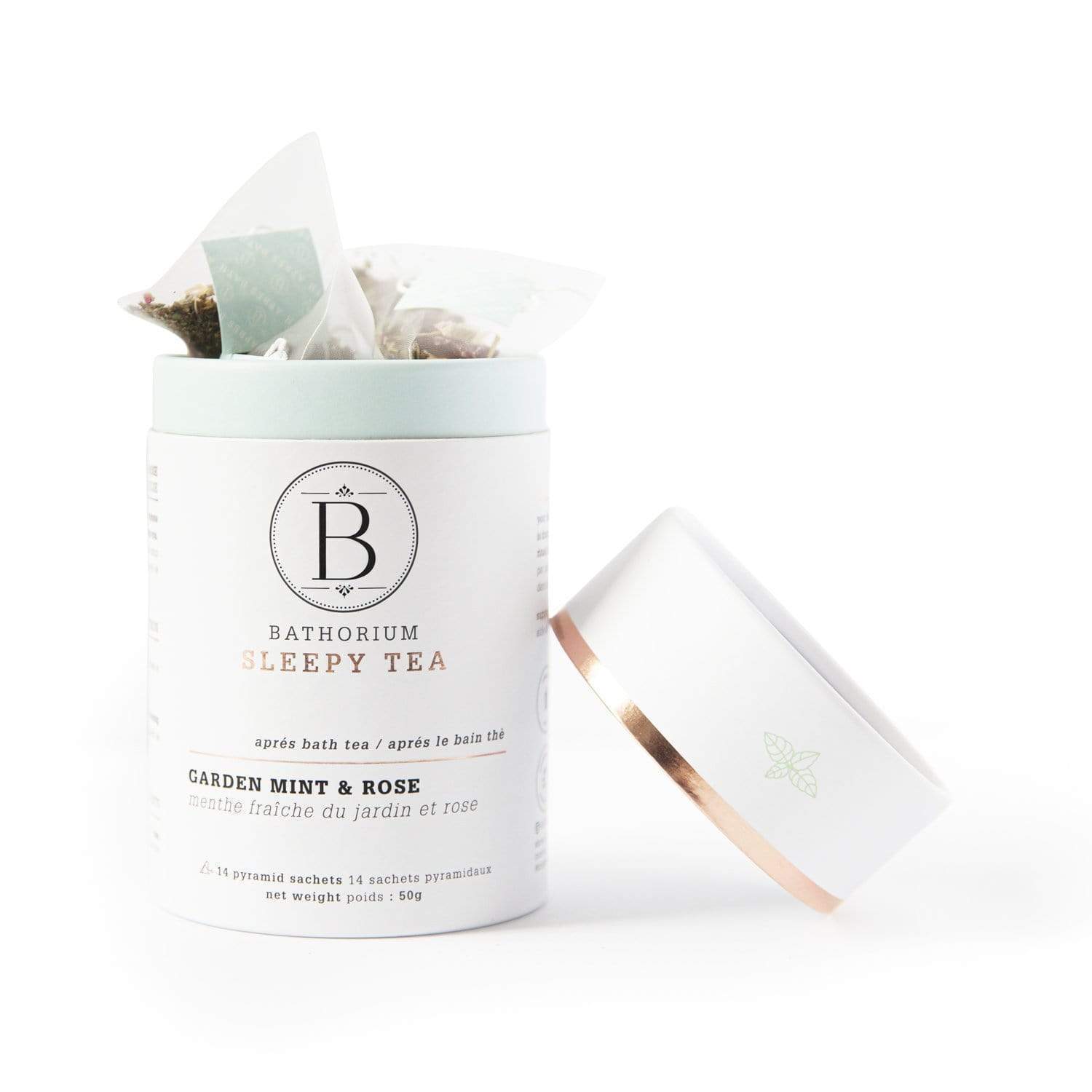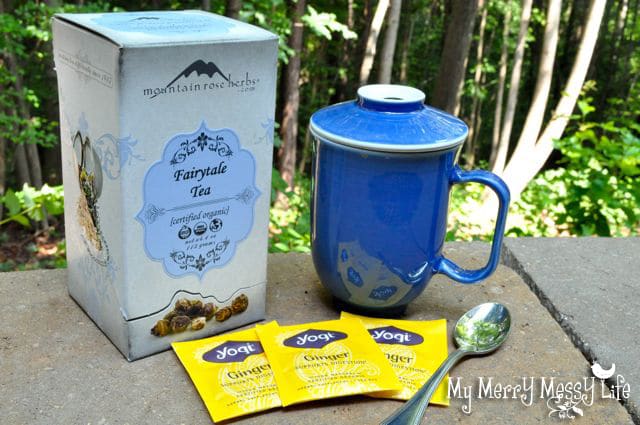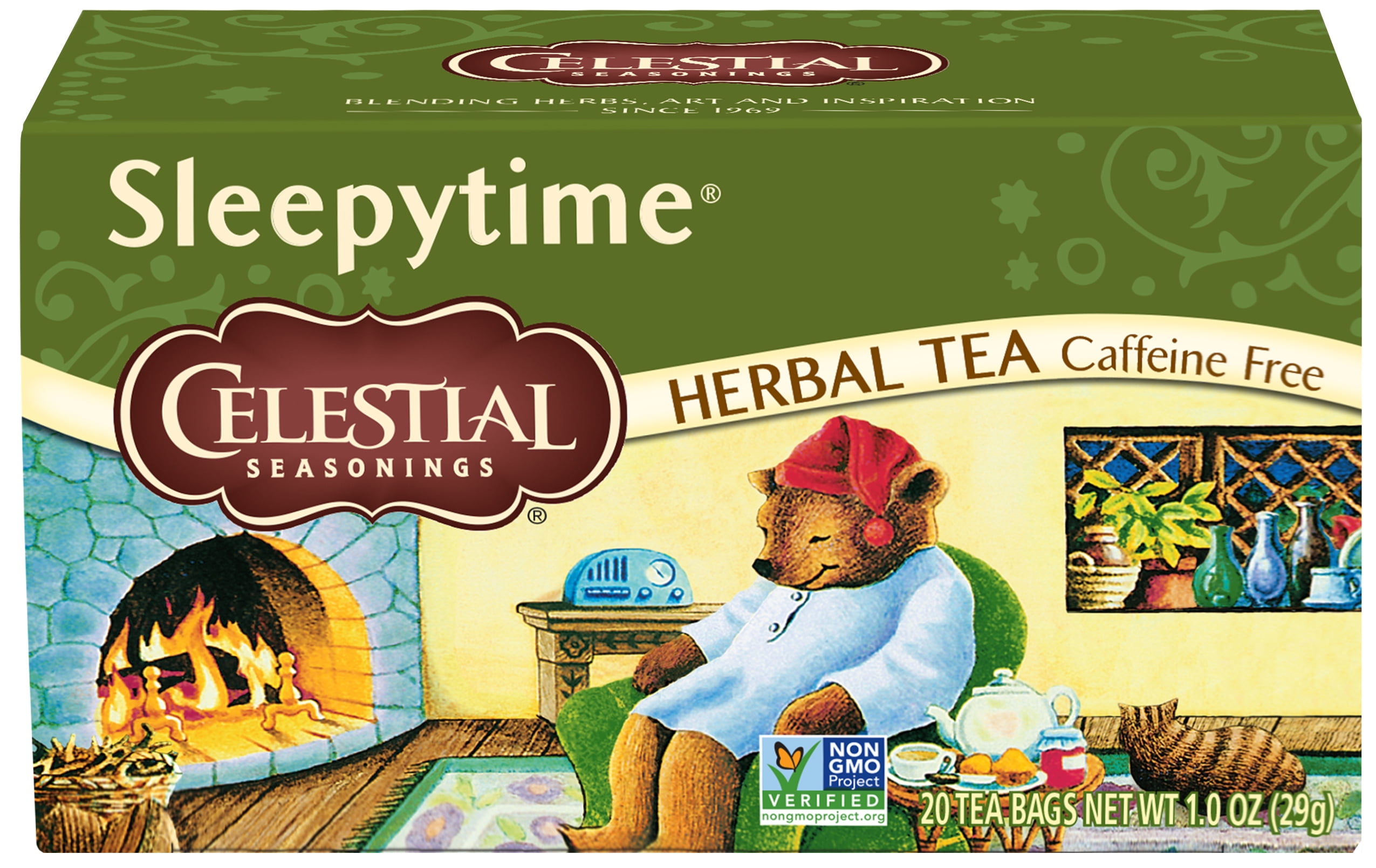


Dandelion tea: Dandelion tea is often used as a diuretic and can cause dehydration, which can increase the risk of preterm birth.Lemon balm tea: Lemon balm tea has insufficient information on its safety during pregnancy and is not recommended for consumption.Additionally, chamomile tea has been known to cause contractions that can lead to miscarriage or preterm birth. Chamomile tea: While chamomile tea is generally considered safe in moderation, there is limited evidence pointing to its potential link to premature birth and low birth weight.Parsley tea: Like sage tea, parsley tea has also been linked to the risk of miscarriage and complications during pregnancy, and should not be consumed.Sage tea: Sage tea has been linked to miscarriage and other complications during pregnancy, and should be avoided.There are several herbal teas that should be avoided during pregnancy due to their potential risks to both the mother and the developing fetus. It’s important to know which teas are safe and which ones to avoid to ensure the health and safety of both the mother and the developing fetus. However, not all herbal teas are safe to consume during pregnancy. Pregnancy can be a stressful time for many women, and sometimes a warm cup of tea can help soothe nerves and promote relaxation. Safe and Unsafe Herbal Teas during Pregnancy: They may recommend safe and effective treatment options that can help you sleep better without posing any risk to your baby.

– If you’re experiencing severe insomnia or anxiety during pregnancy, it’s important to speak to your healthcare provider. It’s best to avoid all forms of Valerian root during pregnancy and breastfeeding. This herb can cause drowsiness and affect the central nervous system. – Valerian root, found in Sleepytime Extra, is also not recommended for pregnant or lactating women.

– If you’re still unsure about consuming Sleepytime Tea during pregnancy, there are plenty of other natural remedies that can help you sleep better. It’s also essential to seek your doctor’s advice before using it. – While Sleepytime Tea is generally safe to drink during pregnancy, it’s important to limit consumption to when it’s truly needed. It’s best to avoid this blend if you’re pregnant or breastfeeding. – Sleepytime Extra tea contains Valerian root, which is not recommended for pregnant or lactating women due to lack of evidence of safety for the fetus. Other Sleepytime tea blends, such as Sleepytime Decaf Lemon Jasmine and Sleepytime Throat Tamer, also contain potentially harmful herbs and should be avoided during pregnancy. – Sleepytime Tea contains natural herbs, including chamomile and lemongrass, that are not considered safe for pregnant women. Here’s what you need to know about Sleepytime Tea and pregnancy: While the tea can promote wellness and peaceful relaxation, it contains herbs that some doctors warn against. If you’re pregnant and struggling to sleep, you may be wondering whether Sleepytime Tea is safe to consume.


 0 kommentar(er)
0 kommentar(er)
